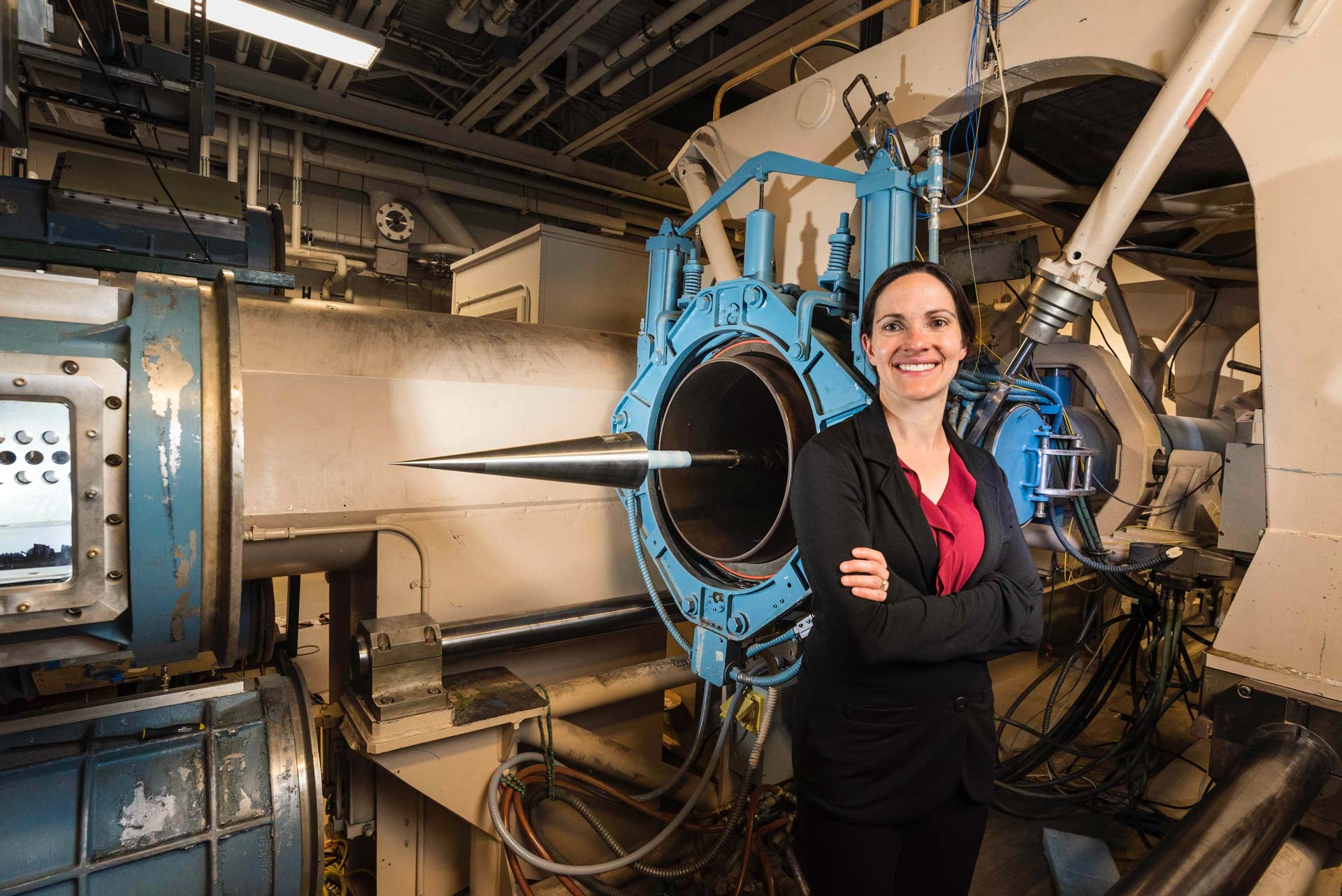By Marius Basson, president of Aladon
I have been talking and writing about ways to build resilience over many months leading up to the COVID-19 lockdown, not knowing that we would actually test our own resilience and witnessing what our clients experience during this very challenging time of COVID-19 and the disruption of business.
Following are some lessons I have learned:
Aladon resilience
Having more than 30 years of business experience and a strong team that remains focused on the business and our clients makes the disruption and business interruption nearly unfelt. While many projects got postponed or placed on hold, the Aladon team (staff, contractors, partners and The Aladon Network) keeps working on the things we value but may not get time to do during busier times such as:
- Researching different ways to deliver training and projects
- Improving our training material and adding content
- Updating our website and content
- Investing in and improving our software through adding additional functionality
- Looking for future opportunities and strengthening partner relationships
Investing in a team that is skilled, flexible and innovative creates comfort and confidence in times like this.
Client resilience
What we learned is that COVID-19 forced clients to adopt new ways of operating and maintaining assets, and for those who early on adopted reliability thinking through rigorously applying the Aladon methodologies (RCM2TM/RCM3TM, RCFA, MTA, RCS, RCD), the changes required during this time are less impactful and frightening than what it would have been if they had not embraced the methodologies.
Some extraordinary changes we are aware of:
Operations
The operating context changed drastically to something we could not even anticipate. To accomplish social distancing goals and eliminate unnecessary personal contact, operations are switched to complete automatic mode. Operators are removed from control rooms which allows for no or minimal operator intervention, a practice many of our clients would have been uncomfortable with during normal times. The asset care strategies developed though applying RCM provided our clients the knowledge and confidence to adopt new ways of doing business. Understanding this Operating Context created by an external condition, as well as margin control and management (what the asset is capable of), are very important criteria in the decision to operate autonomous.
Additionally, control setpoints, alarms and protective systems must be in place and available – in other words, properly maintained. We know these important requirements are best addressed through applying RCM in a rigorous way. The first step is to define the operating context, followed by defining the functional requirements and performance standards (what the user wants the assets to do) and ensuring assets are capable of performing to the desired performance standards.
Maintenance
Many companies are now required to perform only essential or critical maintenance. What does critical or essential maintenance mean if it wasn’t identified through proper analysis?
Our clients were used to having personnel moving around equipment doing rounds and inspections – even though some tasks did not add value it created a feel-good environment. Suddenly, this is no longer possible, and equipment is left alone. All non-essential maintenance is postponed. Maintenance must now rely on indicators (alarms and trips) and in some cases, call outs or customer complaints.
Unless these indicators or conditions were not properly identified through the development of the asset care strategies using RCM, maintenance staff will continue to feel as if they are neglecting the equipment. Maintenance must realize now that illuminating the tasks that are not worth doing, makes no or little difference in the asset’s overall performance and reliability. The perceived important tasks that were difficult to pass up on during the RCM workshops are now not performed. The asset care strategies developed through the correct application of RCM focus only on tasks that are both technically feasible and worth doing. For these tasks, a 100% compliance is required. These tasks are all essential and giving up on them will impact reliability and availability.
Management
Trusting that operations and maintenance would continue to do the right things and do things right, even as the conditions require adopting different ways of going about their business, is only possible if management promoted a reliability culture throughout the organization. Through sponsorship and embracing change, management makes it possible to adapt to changing operating contexts – whether initiated internally or externally. It is therefore of utmost importance that management stays informed of the requirements and capabilities to avoid knee jerk reaction in times like this. Making informed decisions now is crucial to survival and stability. Where management is involved in initiatives like RCM, they tend to take informed fact-based actions and decisions rather than fact less reactions.
Adopting a reliability thinking and culture through implementing rigorous methods for identifying critical assets and asset systems (Aladon Criticality Assessment and Asset Prioritization), developing asset care strategies using world-class methodologies, like the Aladon trademarked RCM2 and RCM3, places companies in a much better situation to adopt to changing operating contexts and be resilient through challenging times.
About Aladon: Aladon is the gold standard and industry leader for reliability centered maintenance-based solutions globally. The Aladon Network serves every industry, in 100+ countries, on nearly every continent to provide affordable solutions to maintaining physical assets. Contact us to find out about our services.
